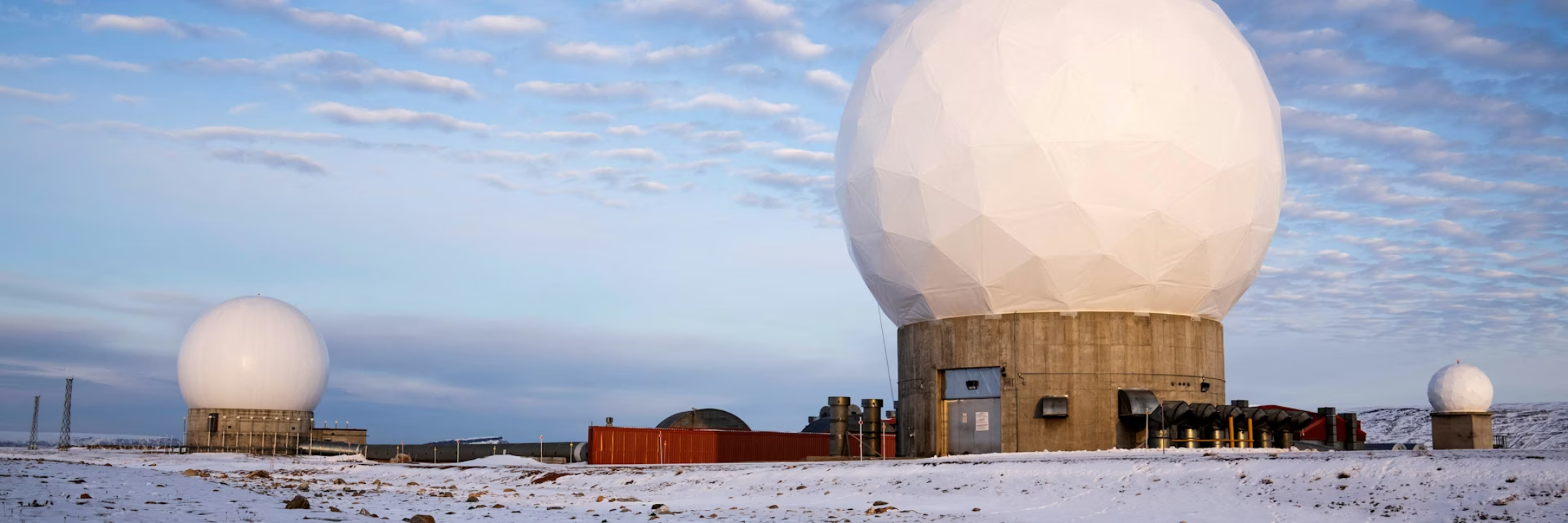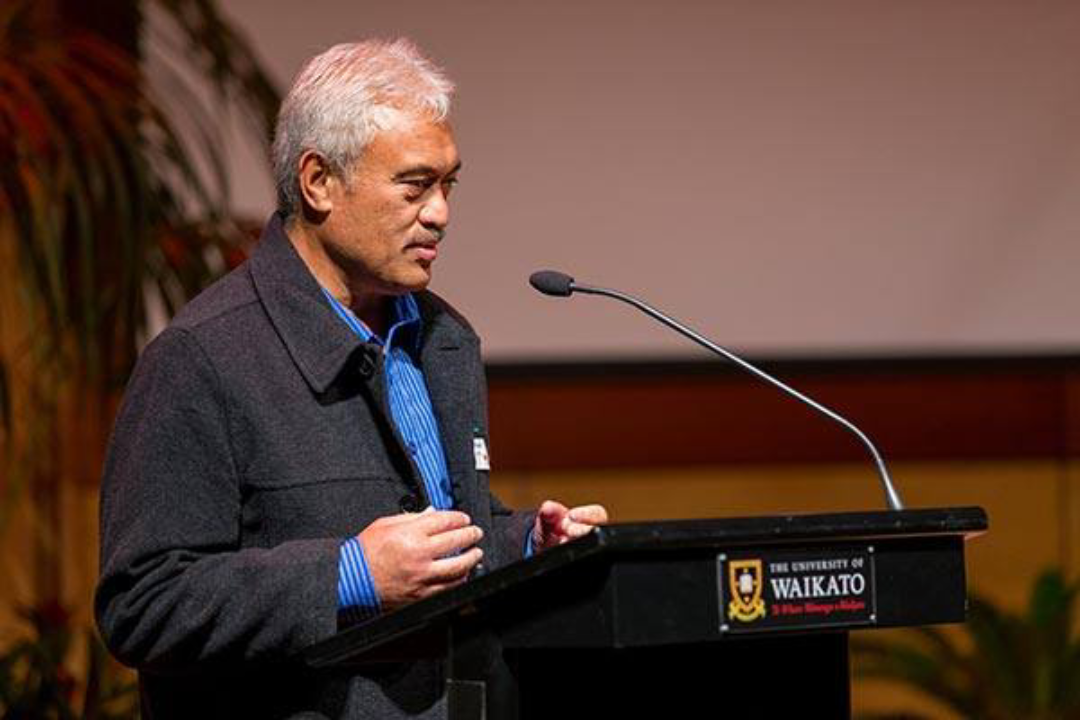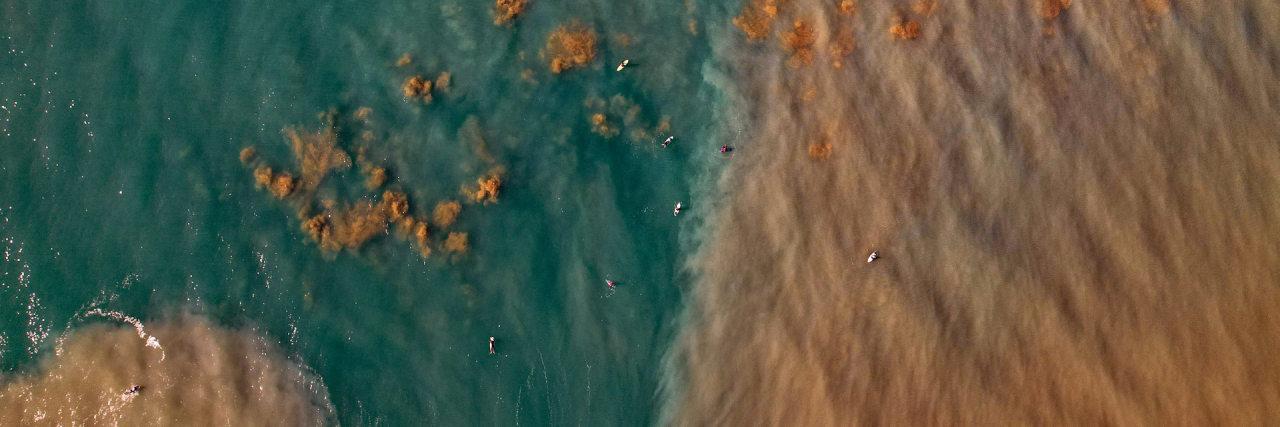The goal of understanding the deep history of carbon cycling on Earth and how - and if - we can make that work for us in the fight against climate change has secured University of Waikato researcher Dr Terry Isson a prestigious Rutherford Discovery Fellowship.

Dr Terry Isson has been awarded a Rutherford Discovery Fellowship to further his research into the role silicate minerals play in regulating the natural carbon cycle
Terry’s research to date looks to piece together a picture of climate regulation on Earth over its multi-billion-year history, by investigating intricate processes within the global carbon cycle. This involves examination of changes to Earth’s climate state across both broad time scales and also during more specific climatic and mass extinction events.
The Rutherford Fellowship means this research on the role that silicate minerals play in regulating the natural carbon cycle, can grow.
Foremost, Terry aims to reconstruct the multi-billion years of history of what natural carbon capture and release looks like.
“The fellowship will allow me to investigate further how the Earth’s coupled carbon-silicon cycle works – how effective it is, how it responds to climate change and what role biology plays in returning carbon back to the atmosphere,”
 Dr Terry Isson conducting field research on a recent trip to Svalbard.
Dr Terry Isson conducting field research on a recent trip to Svalbard.
One other aspect of Terry’s research looks at how silicate minerals can help absorb carbon directly from the atmosphere. A partnership with Tauranga iwi Ngāti Pūkenga has been looking at how dunite can be used on farmland to capture carbon and reduce emissions.
“I’ll be able to look at harnessing other natural processes for large scale carbon capture as well as scale up my research into rock weathering,” Terry says.
Terry’s two-pronged approach will understand and unpack the potential of silicate minerals to help tip Earth’s climate back into balance. The weathering of silicate minerals, like olivine, draws carbon dioxide out of the atmosphere while silicate mineral formation re-releases that carbon back into the air.
“It is time for us to radically reimagine the way we live life on this planet,” says Terry.
“By coupling field studies with new geochemical models and machine learning techniques, we can better understand how silicate minerals naturally regulate our climate, and then see what we can do to enhance that process to tackle climate change.
“This project will test the idea that we might be able to harness the power of silicate minerals to curb the escalating planetary fever and potentially take us one step closer to achieving carbon neutrality.”





